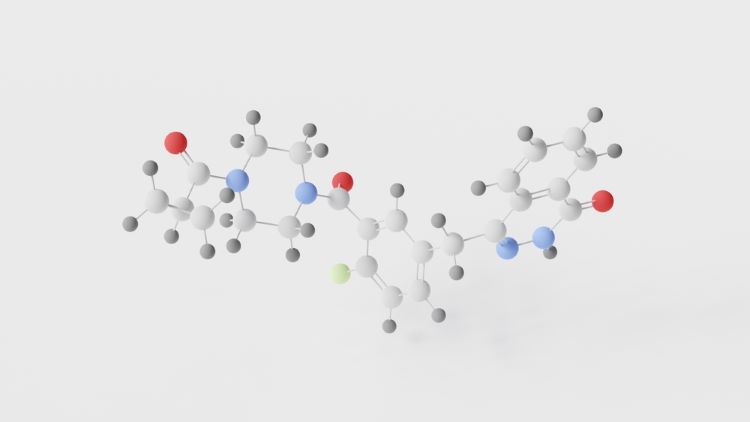AstraZeneca’s PARP inhibitor newly recommended by NICE
Posted: 10 January 2025 | Catherine Eckford (European Pharmaceutical Review) | No comments yet
The regulatory recommendation provides a targeted therapy option for eligible patients with the most common cancer in the UK.


The National Institute for Health and Care Excellence (NICE) has recommended Lynparza (olaparib) for adults with HER2-negative, locally advanced or metastatic breast cancer with germline BRCA1 or BRCA2 mutations after chemotherapy. NICE’s final draft guidance on the poly-ADP ribose polymerase (PARP) inhibitor was based on positive results from the pivotal OlympiAD Phase III trial.
The study findings showed that the targeted cancer therapy enabled median progression-free survival 7.0 months, compared to 4.2 months with just standard chemotherapy.
Furthermore, the clinical trial reported that patients treated with olaparib had a 42 percent reduction in risk of their breast cancer worsening or death compared to chemotherapy, AstraZeneca shared.
Olaparib’s potential in breast cancer with germline BRCA-mutations
“the OlympiAD Phase III trial demonstrated how olaparib – a PARP inhibitor that targets the mutated BRCA genes in cancer cells – can significantly delay cancer progression or death compared to standard chemotherapies”
“the OlympiAD Phase III trial demonstrated how olaparib – a PARP inhibitor that targets the mutated BRCA genes in cancer cells – can significantly delay cancer progression or death compared to standard chemotherapies…. [the NICE guidance] provides another important oral targeted therapy option,” stated Professor Andrew Tutt, Director of the Toby Robins Breast Cancer Now Research Centre at The Institute of Cancer Research, London and King’s College London, part of the team who developed olaparib for breast cancer with BRCA-mutations.
“We are delighted that NICE has recommended olaparib to treat patients with HER2-negative, locally advanced or metastatic breast cancer with germline BRCA-mutations. This decision is AstraZeneca’s 26th cancer medicine recommendation from NICE and the [Scottish Medicines Consortium (SMC)] since 2021,” commented Tom Keith-Roach, President, AstraZeneca UK.
In early 2023, NICE recommended the small molecule precision medicine for early breast cancer. The organisation’s recent decision therefore expands the indications that this medicine can be used to treat, supporting more patients with the disease.
Related topics
Anti-Cancer Therapeutics, Big Pharma, Clinical Development, Clinical Trials, Data Analysis, Drug Development, Drug Markets, Drug Safety, Funding, Industry Insight, oral therapeutic candidate, Regulation & Legislation, Research & Development (R&D), Therapeutics
Related organisations
AstraZeneca, National Institute for Health and Care Excellence (NICE)









